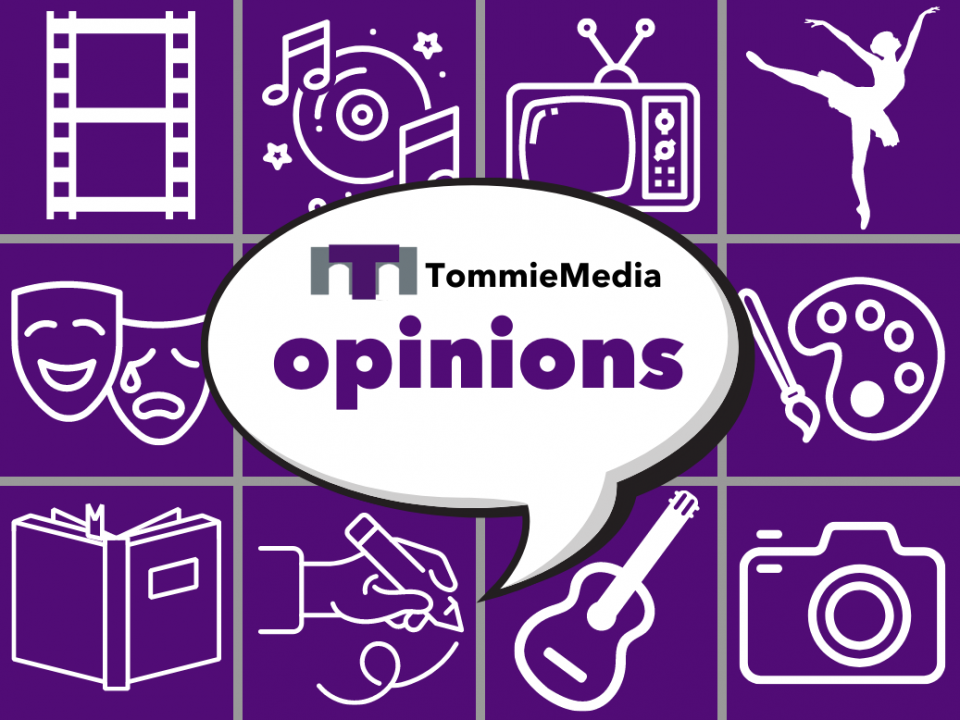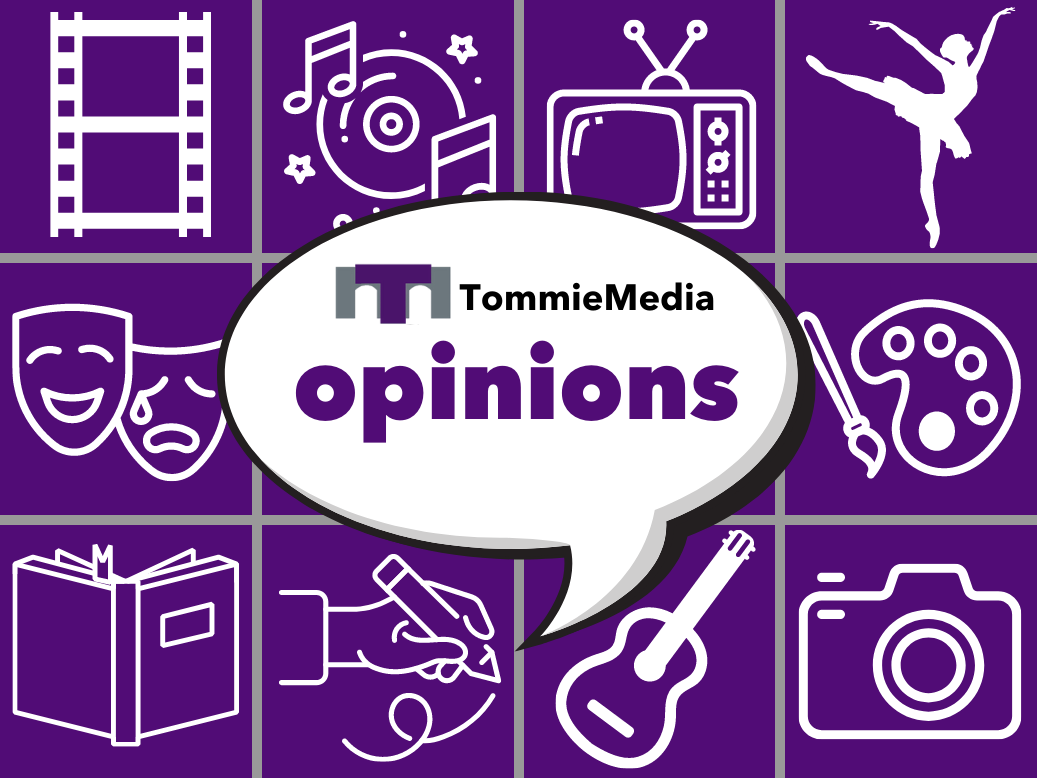
Beyonce, Phoebe Bridgers, Lady Gaga and so many other trendy, female artists have led me to believe that women in the music industry were thriving.
Many of my playlists are filled with songs by women, and the majority of artists saved in my Apple Music library are women; however, my music tastes are not reflective of society. In fact, women are underrepresented and face discrimination in all areas of the music industry.
In a 2012-2020 study by USC Annenberg examining 900 popular songs within those years, the top male songwriter is Martin Sandberg, better known as Max Martin, with 44 credits. In contrast, the top female songwriter is Onika Maraj, known as Nicki Minaj, with 19 credits. Martin has written songs for big names including Minaj, The Weeknd, Justin Timberlake and more.
What this study found lacking in particular was the representation of female producers. During their highest year of representation in 2019, female producers made up just 5% of all popular charted songs. To be honest, I can’t name any producer aside from Jack Antonoff, but it is disheartening that such a small percentage of female music producers are charting.
Another department of the music industry that lacks female representation is the music awards, such as the Grammys. Perhaps the male domination of nominees and winners has something to do with the fact that judges of award shows like the Grammys are all dominated by men. This seems like a no-brainer fix – judges should be representative of the population. What possible valid argument could someone make that men should judge awards over women?
A personal surprise in the 2022 Grammy nominees was the male domination of the rap genre. I’ve definitely jammed to Kanye West and Chance the Rapper, but to me, they feel like they’re in the background. Megan Thee Stallion, Doja Cat, Cardi B and more are rising in the rap genre, yet the nominations did not represent that. Eleven men and three women were nominated for rap awards.
Along with rap, country nominations were dominated by men and there were no female nominations in the rock category. Larkin Poe has some of the best modern rock songs I’ve ever heard. Unfortunately, women in rock just aren’t being nominated over their male counterparts.
Sexual harassment and gender discrimination also point to a lack of female representation. A 2019 study from Berklee College of Music found that 78% of women working in music felt that they had been treated differently because of their gender.
In another study, Billboard.com found that 81% of women reported that they think it’s harder for female artists to get recognition than male artists. Almost two-thirds of respondents identified sexual harassment or objectification as a major issue they’re facing. We as women are subjected to these injustices on a daily basis. In fear of our own safety, we don’t always have the luxury of standing up against them.
The current state of equality in the music industry is quite frankly, sad; however, there are powerful female artists and songwriters that represent the potential for future equality, including Taylor Swift, Megan Thee Stallion and Dua Lipa.
There are also nonprofits and organizations across the world dedicated to women’s equality, specifically in the music industry.
One organization worth mentioning is SheSaid.so, a global community of women, gender minorities and allies in the music industry. Their mission is “to connect and empower underrepresented communities towards a more equitable music industry for all, one woman or gender minority at a time.”
Honestly, it’s organizations like this that leave me feeling hopeful about the future of women’s rights and representation. I’ll settle for a world where harassment and discrimination against women aren’t the norm.
In order to shift the narrative on how women are represented and treated in the music industry, we all have a part to play. Listen to more female artists, challenge music awards to include more women and support organizations focused on bridging the gender gap in the music industry. It’s that easy.
Ruth Moder can be reached at mode7519@stthomas.edu.



